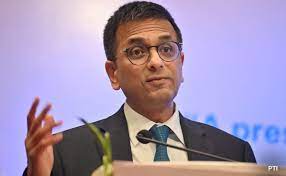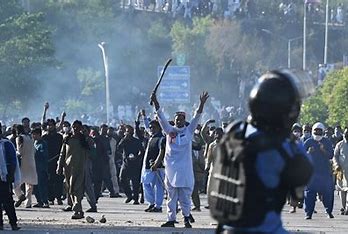
The Chief Justice of India, DY Chandrachud recently remarked that ‘the legal system often played a pivotal role in perpetuating historical wrongs against marginalized social groups.’ The CJI delivered the keynote address at the Sixth International Conference on the ‘Unfinished Legacy of Dr. B.R. Ambedkar’ at the Brandeis University, Waltham, Massachusetts, on Sunday.
In his address titled ‘Reformation Beyond Representation: The Social Life of the Constitution in Remedying Historical Wrongs’, Chandrachud said that throughout history, marginalized social groups have been subjected to horrendous, egregious wrongs, often stemming from prejudice, discrimination and unequal power dynamics.
From the brutal transatlantic slave trade that forcibly uprooted millions of Africans, the Native American displacement, caste inequalities in India affecting millions of backward castes to the oppression of indigenous Adivasi communities in India, systemic oppression of women, LGBTQI individuals and other minority communities, the annals of history are “stained” with instances of profound injustice, he said.
“Unfortunately, the legal system has often played a pivotal role in perpetuating historical wrongs against marginalised social groups. Like in the United States, slavery was legalised in certain parts of India as well,” he remarked.
He added that in the United States, from the codification of discriminatory laws that supported the institution of slavery, the Jim Crow laws that enforced segregation in the American South to the forced assimilation policies targeting indigenous peoples, “the legal framework has frequently been weaponized to systematically oppressed and marginalized certain communities.”
“Furthermore, both in the United States and in India, the oppressed communities were denied voting rights for a long period of time. In that way, law as an institution was used to maintain existing power structures and to institutionalize discrimination, leaving a lasting legacy of injustice that continues to shape the lives of these groups and communities.”















